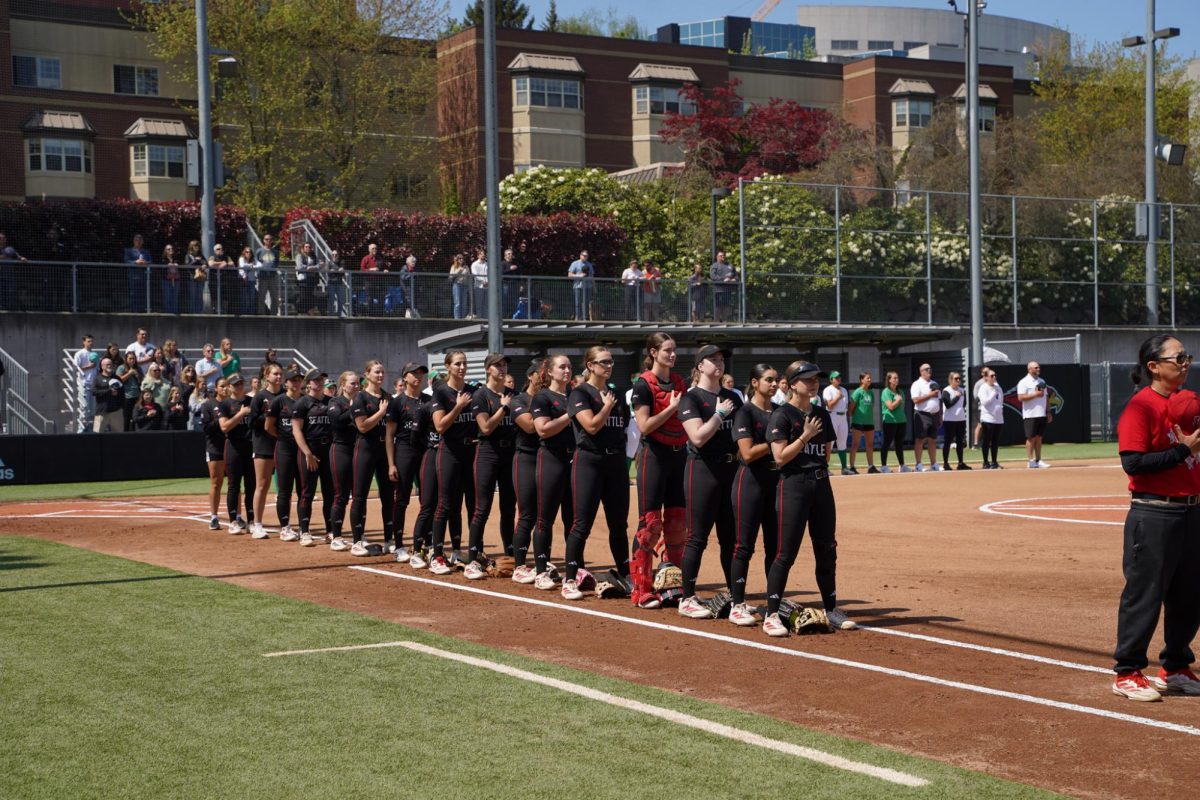Something about facing off against the gloomy city must be sending NFL teams spiraling into a pit of despair. Although the Seahawks are 6-1 so far this season, what’s more impressive is that every team they’ve played has gone on to lose the following week. And I mean really lose–all of them performed below the point spread, meaning even those destined to lose performed worse than the bookies predicted.
According to an NFL.com article this week, teams were outscored by a total of 172-62 the week after sparring against Seattle. This bad mojo vibe has been dubbed the “Seattle Effect.” So what could possibly be the cause?
The first theory that comes to mind is the distance. I mean, teams have to come from really far away to play against the Seahawks. Seattle is like that weird kid that has to eat lunch by himself because he has no friends. Every other team in the west gets an AFC/NFC ally: the 49ers and the Raiders, the Chargers and the Cardinals, the Chiefs and the Rams. Our girlfriend lives halfway across the country in Colorado (and she ain’t too popular neither).
So maybe after flying all the way out to this far flung corner of the empire and back the other teams are just too jet lagged to put up a fight the next week. That could be it, right?
But how can you tell that traveling this far has such a detrimental effect on performance? If it’s true, then it would present as a larger than normal home-field advantage for the Seahawks. As it turns out, not only is it swole, we got the biggest home-field advantage in the entire NFL. An average over the last five years has the Seahawks performing 4.2 points better than expected at home, and 2.9 points worse on the road, for a difference of 7.1.
Well that does mean you should be laying twenty on the Seahawks when they’re in the neighborhood, it doesn’t explain the whole effect. Since some of these were away games for us, the other teams didn’t have to travel, so jet-lag wouldn’t be a factor for them. Either Seattle’s been packing their travel-size rain clouds or something else is at work.
The detrimental effect that coming to the Northwest has on, well, everyone, may be just enough to tip the scales toward this statistical anomaly, with plain old luck filling the gap. Though, if the Seattle Effect were so strong, wouldn’t we see this more often?
It’s still an anomaly that all the teams perform below the spread after dealing with us, but the Seattle Effect may have subtly made it less unlikely than it would have been. Of course, there’s always the second option–that I don’t know what I’m talking about, there’s no Seattle Effect and this is just the result of meaningless chance.







